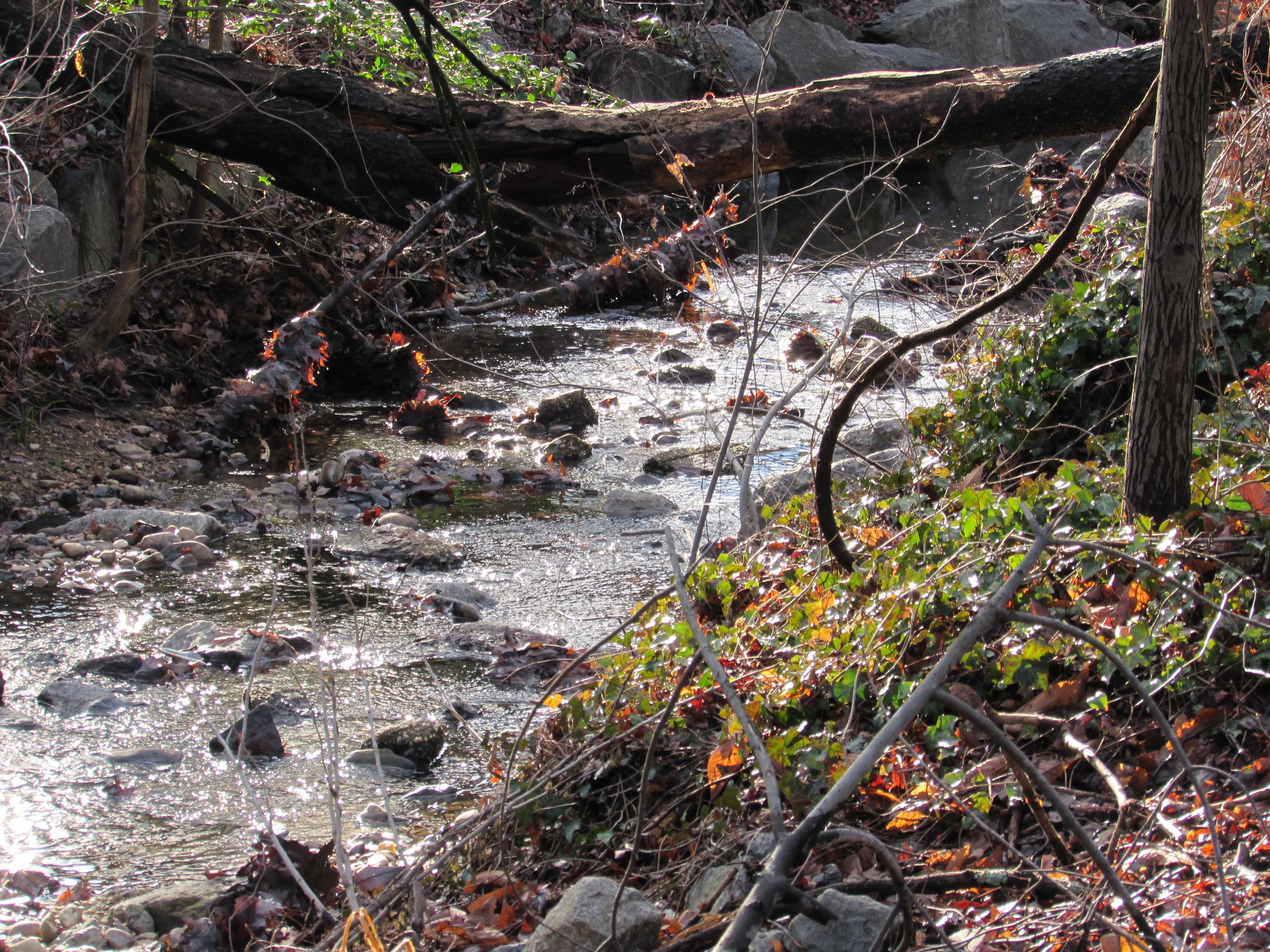These days there is no shortage of ways to express ideas in a variety of media, ranging from less-than-140-character Twitter messages to self-produced Flip camera snippets complete with sound.
All in Publishing
This has to be one of the most amazing examples of news-stream integration I’ve seen, a plugin based on Sprout technology:
I Bought a Magazine Today!
I know, I’ve criticized magazines before as vestiges of an old fashioned past, but I confess: I bought one today.
A friend, a professional engineer, asked me for tips on establishing a “web presence.” This is what I wrote:
Do Real People Care About Disruptive Technologies?
One of the most interesting blog post I’ve read recently is 8 Disruptive Technology Changes by Robin Bloor. Here is his list:
Craig Thomler’s Make government data freely available neatly lays out, from an Australian’s perspective, a discussion of how the public can benefit if government agencies make raw data available for access by individuals and organizations who then analyze or present that data in a useful way. These points are from Thomler’s conclusions:
Given my longstanding interest in copyright, I’ve been following the AP anti-fair-use story with some interest (e.g., see this by Jason Kintzler, or this by Julian Baldwin; there’s also an interesting discussion thread ongoing at the Linkedin Bloggers group on Yahoo! Groups).
Social Networking and Elsevier's "Grand Challenge" for Knowledge Enhancement in the Life Sciences
Netherlands-based mega-publisher (and former employer) Elsevier BV has issued a grand challenge:
All it will take is one high-quality rebel to jump into digital textbook distribution. I studied the economics of that business last year for a client and saw the raw numbers of what you say. Someone’s going to come along and convince a large state to go with digital distribution, bundled with something like this new e-book. Talk about a saving in gasoline for shipping!
According to Wade Roush in Negroponte Unveils 2nd Generation OLPC Laptop: It’s an E-Book, OLPC founder Nicholas Negroponte said recently that “… The next generation laptop should be a book.” With two screens, Negroponte says, the device he revealed at a recent conference will cost $75 each.
What the Heck is "Social DRM"?
When I first heard the term “social DRM” in the context of e-book anti-piracy efforts — the link is to the RSS feed of my del.icio.us bookmarks tagged “socialDRM” — I thought it referred somehow to group peer pressure not to copy files without permission.
Is Mark Cuban a "Real Blogger"?
Mark Cuban’s Blogging and Newspapers, a Lesson in How Not to Brand and Market is deliberately provocative. It discusses the difference between “real journalists” and “bloggers.” I especially like his quote,
In Three effective uses of a blog for association magazines Ben Martin lists a fourth item from a conference he attended recently:
So you’re still reluctant to curl up with a nice, cute, cuddly electronic book? Does the Kindle leave you cold? Are your kids developing backaches while laboring under 50+ pounds of graphics-intensive textbooks in their school backpacks?
I'm listening to another one of Command Line's podcasts, this time Rant: Is Fair Use a Right? (Command Line produces one of my five favorite podcasts.)
Despite the logical nature of Command Line's thesis (he believes that copyright Fair Use is a "right," not just a legal defense) I'm still skeptical about being able to unambiguously explain to people what their "fair use" rights actually are.
A friend of mine is employed by a major international publisher of abstracting and indexing information and specialized research collections. His company targets the academic and library markets.
Dave Munger in The end of the RSS experiment presents the results of data collected to analyze what happened when his web site turned off partial RSS feeds and substituted full RSS feeds. A reduction in site page hits corresponded to the publishing of the full RSS feeds, presumably because feed reader users had no need to return to the web site -- where ads are visible.
Scholarly Communications and the Social Media Genie
Marketing, customer communications, and inside-the-firewall collaboration are not the only processes subject to "disruption" by social media and social networking. The worlds of research, scholarly communication, librarianship, and publishing are also being impacted, and not just by Google.
John P. Holden, President of the American Association for the Advancement of Science (AAAS), President, The Woods Hole Research Center, and Teresa & John Heinz Professor of Environmental Policy, Harvard University, delivered a lecture at the annual meeting of the AAAS on February 15, 2007, titled “Science and Technology for Sustainable Well-Being.”
How Involved Should the U.S. Government Be in the Scholarly Journal Publishing Business?
Wired News on March 14, 2007 posted a story about U.S. Senators John Cornyn’s and Joseph Liebermann’s announced decision to re-introduce last year’s Federal Research Public Access Act (S.2695, also called “FRPAA”).







